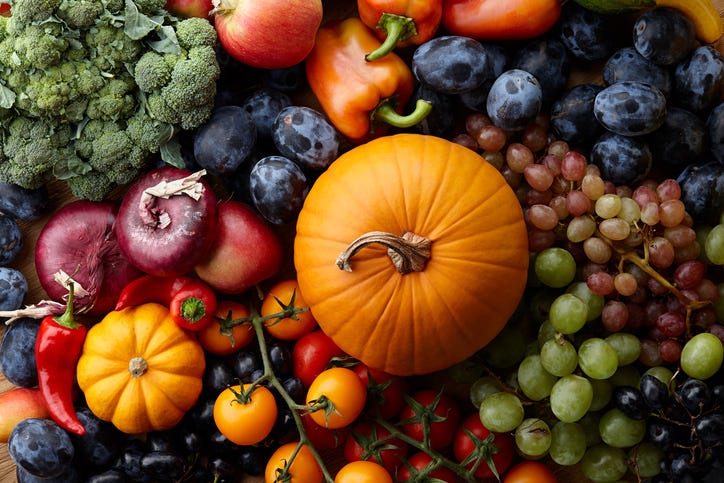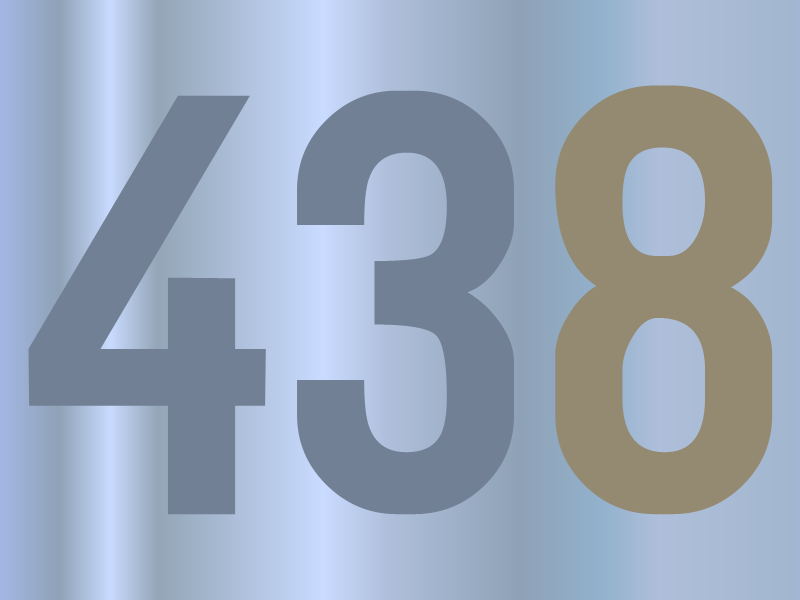Harvest Sunday
2 Corinthians 9:6-end; John 6:27-3; St Barnabas, 10 March, 2023
Also available to listen on Spotify.
We mark today a slightly unusual festival, unusual in that it harks back to the days of agrarian economies, of farmers in the field, of growing our own produce rather than buying most it from a supermarket, from a different way of life if not an entirely different world.
Once were the times, even in this parish I’m sure, where super-sized pumpkins and cabbages and capsicum and all manner of other vegetables would make their churchly appearance on this Harvest Sunday. Perhaps a ribbon was given out to the biggest vegetable? Or the heaviest? Or the one most likely to be used in soups and stews?
Here are some numbers for you.
438.
That was roughly the number of people I was talking to at Medbury School on Tuesday – all their students, most of their staff, where we celebrated their Harvest service. The boys and their families had provided non-perishable food, which was stacked neatly on the stage; the choristers sang a song in which they named many fruits and vegetables, and we were warm, and we were sheltered, especially important that day, as only a few hours earlier hail, thunder and lightning had passed its way through suburb of Fendalton.
438.
That’s also the number of people who have used the emergency housing provided by the City Mission in the last year. That is, people who otherwise had nowhere else to live, had no roof over their heads, had not shelter, had no protection from the elements or from those who would do them harm. There are many complex reasons why people need to access emergency accommodation, and it is not always by choice.
But 438 of them did.
Here's another number for you.
396,200
That is the population of Christchurch as at June 2023. You and I are in that figure and, in my case, only by a matter of months.
Somewhere close to twice that figure is 762,600.
762,600.
That is the number of meals pr.ovided by the City Mission Foodbank.
Just let that sink in for a minute.
Almost twice as many meals as there are people in Christchurch.
That is, people who, for whatever reason, were not able to self-sufficiently provide a meal for them, their children, or their household. There are many complex reasons why people need access to foodbanks, but it is not always by choice. Nevertheless, 762,600 meals were provided and gave people food where otherwise they had none.
We might not relate to that. Or we may.
My grandmother, Marjorie Duncan, only in her 20s, recently married, living in China, was put in charge of a famine camp.
The county/prefecture where Marjorie was living was devastated by a severe famine; in two years, 80,000 people out of a population of 500,000 had died.
She was appointed District Supervisor for the International Relief Committee, responsible for a thickly populated area of forty square miles. They were instructed by the headquarters of the International Red Cross: “People had to die so let it be the older people, save the children.” The famine dominated my grandparents’ early years in China.
Frank Duncan, my grandfather, recorded the following in his diary at the time:
Our refugee camp was prospering but a similar camp run by the Government was in difficulties. Children were dying about twelve a day and in desperation the District Magistrate came to me and acknowledged that he didn’t have the caring staff such as we had and that most of the staff in his camp were lining their pockets with much of the relief money. He asked me if I could use my influence to get some medical assistance. I got in touch with Dr Carllson who came with a well-trained Chinese nurse.…The main killer was hook worm and he [Dr Carllson] agreed to leave his nurse with us for a few days to administer oil of chenapodium which he warned would kill many of the weaker patients but was the only hope for the others. His prediction was correct. Many died but some were saved.
We, mercifully, do not have the rates of hunger here in Christchurch as my grandparents saw in China, but we have hunger, nonetheless.
We have those who go without shelter and food, we have those who struggle to get into our health system.
We have children, near here, who do not have more than one pair of shoes, who do have a raincoat, who do not have overseas holidays, who do not go to school regularly, who do not get three meals a day, who do not get the medication they need, who live in draughty and damp houses, who rely wholly on public transport, which they may not be able to afford, who have probably moved schools frequently, who may be living with those who are not their parents or guardians, who may witness, and even experience, on a daily basis the kind of violence that would make most of us shudder, who are exposed to alcohol and drugs from an early age, and who, will likely end up in New Zealand’s prison system, a prison system that is the second highest per capita in the world.
The reason we have a Harvest Festival, at least now, is not to show our prized greens, nor even to show off at all, but to recognise that there are among us in this parish, in this congregation, among our family and our friends, those who struggle with addictions, with hunger, with complex needs, whom we can help.
We do this today by providing food to the City Mission, and there are of course many other ways we can, should and must give help every day.
We are also ourselves helped everyday by the one who calls himself the ‘bread of life’.
In a few moments we will partake in the family meal, communion, in which I will give you bread, which is for us a wafer, and a representation of the body of Christ broken for you, and wine, to represent the blood of Christ. It’s a meal that will nourish us. Not because of its portion size – the wafers are small! But because of its significance.
And we come back to this table time and again not because we need further filling but because we need further reminding that this is “full, perfect and sufficient”[1] We need reminding that anytime we seek nourishment and fulfilment from anything other than Jesus Christ it will never be enough.
We find here, in this family meal, mercy made real. We find here, in this family meal, love shared. We find here, in this family meal, hope restored. We find here, in this family meal, forgiveness given.
We are ourselves among the number who need what the Lord provides – “O Lord, I want to be in that number!”
We come this Harvest Festival to share what we have with those who need it most, and to receive, as those who need it most, what the Lord, the giver of life, offers: himself.
[1] 1549 Book of Common Prayer, The Continuum: A full, perfect, and sufficient sacrifice, oblation, and satisfaction (anglicancontinuum.blogspot.com)







